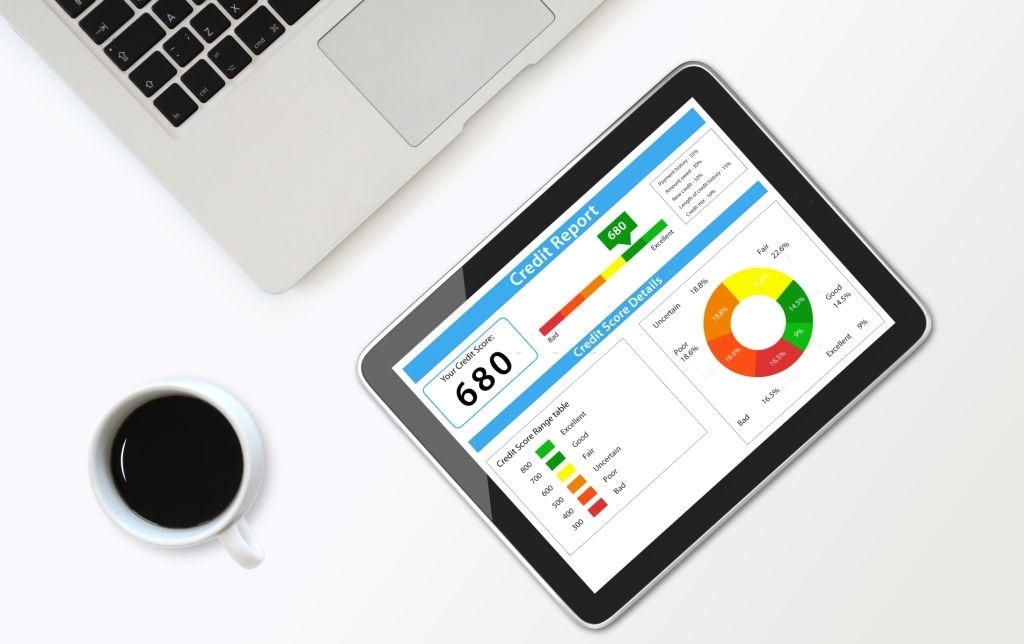The first thing you should do before applying for a loan or credit card is to read your current credit report. Knowing where you stand can give you an understanding of the type of interest rates and terms that will be available to you. If there are any errors on your report, they must be corrected as soon as possible. This blog post will show how to prepare for a better future by reading your credit reports!
The first thing you should do before applying for a loan or credit card is to read your current credit report. Knowing where you stand can give you an understanding of the type of interest rates and terms that will be available to you. If there are any errors on your report, they must be corrected as soon as possible. This blog post will show how to prepare for a better future by reading your credit reports!
The first thing you should do before applying for a loan or credit card is to read your current credit report.
You know that you have a good credit score and want the same for your children. You also understand how important it is to maintain this high level of integrity in today’s world. Still, many people don’t seem concerned with keeping their scores up to continue living comfortably. Helping them get on track will make sure everyone benefits from this form of security-and. Some tips might even help improve yours!
When you are looking for a new place to rent, the landlord must perform some checks on your credit report; this includes getting a copy of your credit score. Not all landlords require these reports before they offer applicants an apartment or house, so be sure to read any lease agreement carefully and ask about their requirements beforehand if needed.
The tone of voice should always be professional when viewing such sensitive personal information as one’s financial standing, which can lead to crucial decisions in life, like whether someone qualifies for homeownership or not.
What Is A Credit Report
You know that you have a good credit score and want the same for your children. You also understand how important it is to maintain this high level of integrity in today’s world. Still, many people don’t seem concerned with keeping their scores up to continue living comfortably. Helping them get on track will make sure everyone benefits from this form of security-and. Some tips might even help improve yours!
The first step in learning how to read a credit report is knowing the five pieces of information that are provided: your name, address, date of birth, social security number, and account balances. The following steps are understanding what these items mean for you as an individual.
Your Name – This identifies who owns the card or loan account. Though this may not seem important at first glance, it’s vital because if someone else has applied for one under your name, they can then damage your reputation by defaulting on payments and damaging their score when yours suffers too (if there are joint accounts). So be sure to know every line on those reports because anything could be linked back to you!
A credit report is an overview of the way that you handle your money. Your history with loans, mortgages, and other types of financial debt is used to determine how much risk there might be in lending to you. A good credit score means low-interest rates on any future loan or mortgage payments, while bad scores could mean higher rates for years down the line.
If it sounds like something important, then chances are it’s because all lenders use this information when deciding whether they want to lend someone their hard-earned cash! Not only does having a good score make borrowing less expensive but also more likely too, which can help if life throws us some not-so-lucky curve balls sometimes—your finances will thank me later, I promise!

